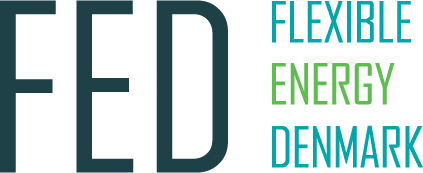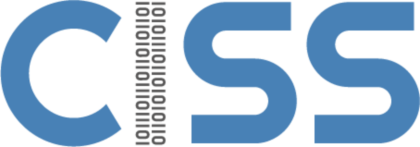Flexible Energy Denmark
CISS is one of two AAU research centers in a new Danish research project that may help Denmark save billions. The project aims to ensure a flexible and green energy system in Denmark through optimized utilization of the existing power grid.
The green transition of Danish society that is already in full swing leads to a markedly increased electrification of society. Among other things, an increasing number of electrical vehicles, data centers and heat pumps will place great demands on the power grid in the coming years. Such great demands that massive investments at a billion-kroner scale will be needed.
But this money may be saved if we can utilize the existing power grid to a much larger degree than is the case today.
Therefore, the four technical Danish universities, DTU, Aalborg University, SDU and Aarhus University, are now collaborating with the supply sector on developing systems that, by use of artificial intelligence, may ensure that much less money needs to be invested in an expansion of the power grid. The project, named Flexible Energy Denmark (FED), has just received DKK 30 mio. from Innovation Fund Denmark.
Huge savings through optimized distribution of sustainable energy
Whereas many focus on building more and more wind turbine farms and solar power facilities, the project partners direct their attention towards better utilization of the existing capacity, in order to better balance production and consumption. If they succeed, the potential savings on a national scale surpass DKK 1 billion – perhaps even more.
– We may save on costly expansions of the power grid and investments in production facilities. The more we can efficiently utilize the power already generated by sustainable energy, the less the expansions need to be. Increased production based on solar and wind power is beneficial when compared to fossil alternatives, and Flexible Energy Denmark aims towards improved distribution of this sustainable energy and as such a decreased need for investments in sustainable energy than would otherwise be necessary order to ensure a green future, says Lars Bonderup Bjørn, CEO of EWII who heads the project.
> Read more

